Hosted by Claire Musters
This month I’m reading…
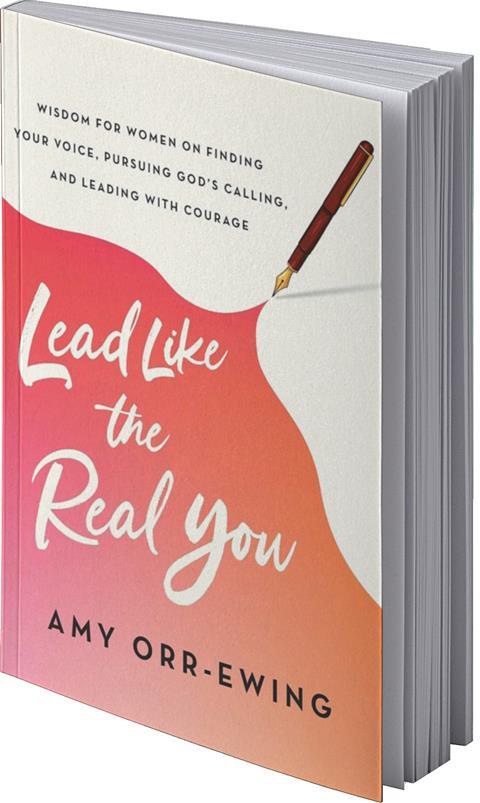
Lead Like the Real You: Wisdom for women on finding your voice, pursuing God’s calling, and leading with courage By Amy Orr-Ewing
(Brazos Press, 978-158436062)
Recognising that there is still a lack of mentors for women within the workplace and Church, in her latest book, Amy generously shares the life lessons she has learned in the leadership spaces she has occupied over the last 25 years.
The book is written as a series of short letters to a younger woman named Jo, who was a young leader Amy first met as Jo was graduating from university and who reminded her of her younger self. These letters have been gathered into ten different ‘parts’: learning to use your voice; work and calling; facing chauvinism in Christian spaces; pursuing leadership success; addressing abuse and injustice; finding hope in dark times; navigating friendship; leading like Jesus; growing deep roots and the value of stories.
What I appreciated even more than the solid, practical advice, was that Amy was willing to share her own struggles – and that included the incredibly tricky time when the overall leader of a ministry she worked for was called out for abuse. She does not shy back from sharing the things she got wrong as well as what she learned, and how it has changed her as a leader.
With over 25-years’ experience of leadership why did you feel stirred to write this book at this point in your own journey?
As a woman in mid-life I have increasingly found myself sought out for mentorship, and advice. And so I began to wonder: “What do I wish I, as a leader, could have known without learning the hard way?” What wisdom could I share with emerging leaders that it would have been helpful to know five, ten or 20 years ago. There are thousands of leadership books focused on techniques, paradigms and systems, but this is much more personal. It takes the form of letter, written from me to a woman at a different point on her journey. It has been the most vulnerable thing I have ever written, and it’s a book I would have loved to have read myself in the last few years.
You say that you have realised being the first woman in certain spaces mean that you tolerated and put up with things that you shouldn’t have, and lived with a sense of not being completely safe in those spaces. Why do you think those around you felt threatened, and what can women do today to occupy such spaces more freely?
I started in ministry over 25 years ago and those were different times; I was often the only women on a speaking or teaching schedule, or the only women in decision-making rooms. I was really grateful to have the opportunities I did have, whether speaking, teaching or serving on boards or committees. Sexist use of language and humour abounded, as did assumptions about what I was there to do. Sometimes there was outright hostility with men pointedly leaving or arriving late when I spoke or taught; at other times there was a pressure to be outstanding in order to justify being given the one opportunity any woman would have. In some cases I presented a threat to a theological position that limited the scope of what women should and should not do, in other cases there was a palpable irritation at being taught anything by a woman. I believe women can and do occupy more of these spaces today and that men and women can advocate for each other being treated with kindness and respect. We need to look out for each other – it is easier to speak up for someone else than for yourself.
You challenge our perceptions of what work is in the book – what is a biblical perspective and why do you think we can lose that?
Because work may be hard for many of us, Christians can have a tendency to view work through the lens of the Fall – there are thorns, thistles, sweat and pain associated with work. But the Bible is clear that Adam and Eve worked before the Fall – and that creative work is a gift from God to us, His image bearers. Recapturing a redemptive view of work is a beautiful and empowering thing. For women there may be other complexities associated with work – these often have to do with the connection between economic productivity and work: “If I earn I am working, if not I am not.” This may lead to women in unpaid caring roles feeling undervalued by society. Equally some Christian women who have children feel a stigma attached to ‘paid work outside the home’. Resolving a biblical view of work as a gift from God that does not attach our status to money (whether earning or not earning gives us that status) is unbelievably freeing. Do the work that God has called you to do with confidence and liberty.
You share with great honesty and humility about what it was like working for Ravi Zacharias International Ministries (RZIM) when allegations against Ravi came to light, saying that you “made many mistakes and picked up some deep wounds along the way”. Could you share some of the lessons that you learned during that time?
I learned so much from the survivors of the sexual abuse that was eventually uncovered, and I will be forever grateful for their openness and kindness. I also learned that even a courteous pushing for answers and accountability could result in huge pressure, deception and gaslighting, and that I should have pushed harder, and that the explanations and justifications given by those I trusted needed more scrutiny. It is easy to confuse a desire for loyalty with being silenced. I also learned that as Christians we are hard wired for a redemption story – and that it can be dangerous to read that into a situation where it is not happening. The dynamics of abuse are so complex and disorientating, and so many people get harmed in the fall out.
The devastation is real. The need to rebuild life from the ashes can feel overwhelming. I hope that the letters touching on the themes related to this will be helpful for anyone navigating a similar situation.
You have been able to support victims of sexual and spiritual abuse since your time with RZIM, but reveal your faith and trust in others – and even God – has been knocked, saying you “question more and trust less”. How has that impacted your leadership journey?
Yes in the last four years it has been an absolute honour to spend a considerable chunk of my working time on advocating for and standing with multiple victims of sexual abuse in a variety of settings. I used to think of abuse as a remote possibility in Christian leaders and communities – it felt like something that happened in other wings of the Church – but not in ‘my side’ of the family. Now I have the opportunity to help others come to terms with the reality of abuse and to stand against the deception, cover up and other damaging responses and practices that victims and whistle-blowers so often experience when they speak out. The light shines in the darkness. We are never serving God if we are trying to switch the lights off. Bringing evil into the light matters. The holiness and goodness of God matter – and a practical way of showing that we believe this is by responding to evidence of abuse with humility, candour, truthfulness and care for those who have been harmed.
You juxtapose culture’s desire for power with Jesus’ love causing him to empty himself, challenging leaders to check their motivations – how can women leaders check they are loving those they lead well?
Power discourses are all the rage right now – everyone is examining power. Some leaders find themselves paralysed
by fear whether of actually misusing power, or of being accused of doing so. The way of Jesus is to lead by
serving with self-giving love. This does not mean being downtrodden or used. It is a purposeful decision to lead in a way that is demonstrably shaped by love. Seeking the good of those we serve, working hard and with excellence on what God has called us to do. Living with a focus on the kingdom rather than our own preferment or any competitive edge with someone else. We can pray about these things and open up about them with those we trust to speak into our lives honestly.
Amy Orr-Ewing on:
The books that have changed my life
Hudson Taylor
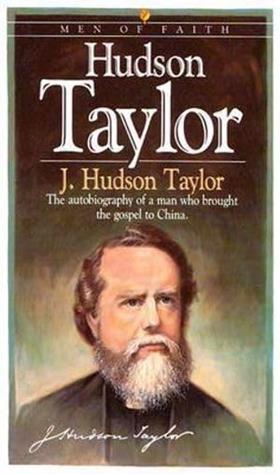
by Howard Marshall Taylor
This book is a brilliant biography of an ordinary man who saw the Lord do extraordinary things in his life. His methods are still meaningful in ministry and mission today. The book also draws us into Taylor’s devotional life and his walk with God through many ups and downs, through suffering and good times.
The New Evidence that Demands a Verdict
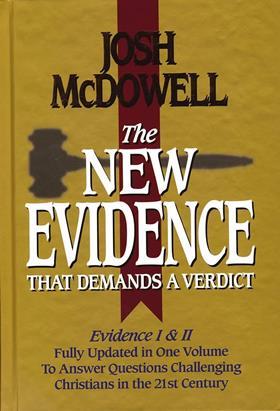
by Josh McDowell
The old version of this book was the first thing I read as a younger person that introduced me to evidence for the text of the Bible being reliable. This is readable and well-researched apologetics and it is a great reference to have on the shelf, alongside my book Why Trust the Bible?, which tackles different questions about the bible.
Creed or Chaos
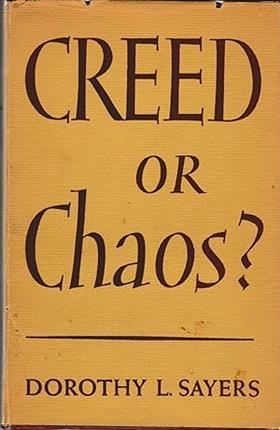
by Dorothy L Sayers
This brilliant book of essays by a close friend
of CS Lewis got me thinking ‘Christianly’ about all kinds of things. Sayers is a pithy, witty, compelling, readable theologian. I love all her work but this book is really accessible and touches on themes that have been foundational to my own thinking.














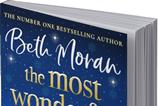
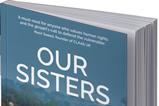


















No comments yet